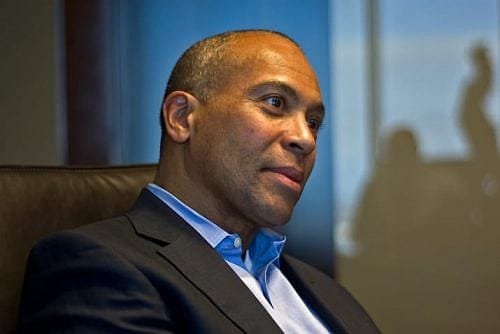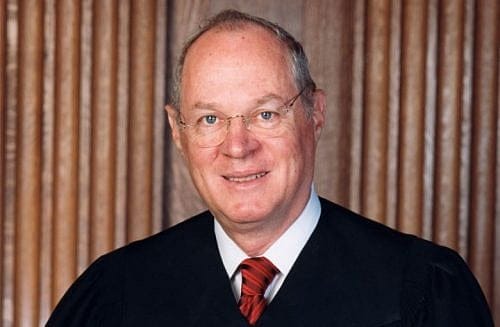A Deval Patrick Presidential Run in 2020 A Gift for the GOP

More than anyone else, former Massachusetts Governor Deval Patrick would bring much more harmony to Republicans than to the masses should he formally announce a 2020 presidential candidacy. And more so than Massachusetts Senator Elizabeth Warren, Patrick is still today's marquee progressive. A gift for the GOP.
Patrick recently told a Kansas City public radio station that a presidential run is "on my radar screen." He was in Missouri for an event whimsically billed "An Evening with Deval Patrick: Reinvesting in America." There, a panel discussion waxed on today's "political moment." To wax off these days of discord (certainly and entirely President Donald Trump's fault) Patrick believes we need to "model an alternative."

